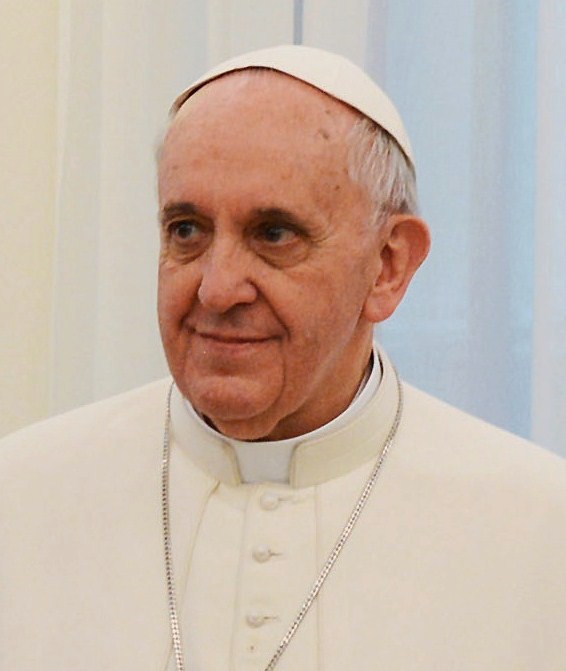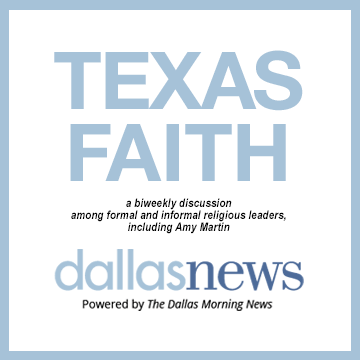Texas Faith: When is a city ban on feeding the poor an infringement on religious liberty?
TEXAS FAITH: When is a city ban on feeding the poor an infringement on religious liberty?
That’s this week’s question: Is a city ban on feeding the homeless in a public place an infringement on religious freedom?
AMY MARTIN, writer/editor Moonlady Media and president emeritus, Earth Rhythms
Fort Lauderdale’s ban on feeding the homeless in a public place isn’t an infringement on religious rights. It’s an infringement on compassion, a quality that makes us humans rather than just chatty mammals in clothes. Love Thy Neighbor takes its cue from Christianity, but the group has now been joined by representatives from other area religions (and those of no religion at all). For to Jesus, as well as Mohamed, Buddha, Lao Tze and other religious founders, requiring the poor to follow difficult demands in order to receive love would be against their faith.
However, I’d like to ask: Where are my rights before the courts? I have no religious affiliation for which to claim special dispensation. I belong to the 20% of “nones.” That’s one out of five people. Think about that next time you walk down a city street. One out of five has no recourse at all in using our humane and spiritual values to influence policy via the courts.
If the spiritual-not- religious spectrum — which ranges from agnostic to deist to mystic — could appeal legally, many would say something like this:
Our country was founded on inalienable human rights. Not tourist rights, not business rights, not even municipal rights. Human rights.
Stop thinking so small. Look at centuries prior, when brutality was common and ruling civilized kings would line their boulevards with beheaded captives of plunder wars. Then look well past the horizon and see the future discoveries in quantum physics that make time irrelevant and the creative endeavors that soar the human spirit beyond its potential. Holding fast to such a perspective — that we are able to overcome our past and go on to imagine the impossible — then feeding the hungry without a ruckus should be easy.
Read the Panel
Notes:
When is a city ban on feeding the homeless in a public place an infringement on religious freedom?
In Florida, a 90-year-old WWII veteran was arrested for feeding the homeless at a public park. He’s been doing it for over 20 years through a program called Love Thy Neighbor. But a new ordinance in Fort Lauderdale has put a mountain of obstacles in the way, making it virtually impossible for the group to operate as it has.
On one side are local businesses that fear feeding the homeless in a conspicuous place was bad for business and tourism. On the other side are advocates of Love Thy Neighbor who say the group is within its constitutional rights. The city tried to balance the interests of both sides with rules aimed at moving such homeless programs into houses of worship or private property. But the organization wants to continue feeding the homeless as it has, in a seaside public park.
The clash between religious rights and the public interest is a common story line. We’ve weighed in on the dustup in Houston in which the city tried to subpoena the sermons of evangelical ministers opposed to a gay-rights ordinance. And every week, it seems, there’s a new report in which the advocates of religious liberty decry a rule or action at a public school.
Religious liberty isn’t absolute. There’s no right to hold a serpent-handling service at Disneyland. Or to shout “fire” in a crowded church because your religion told you to. Or to build a megachurch in a city neighborhood with a parking lot for only 10 cars.
In the case of feeding the homeless in Fort Lauderdale, the name of the organization is from a biblical injunction. Its mission is an act of faith. And if some businesses are inconvenienced or tourists would prefer not having to see the homeless by the beach, whose rights should prevail?



